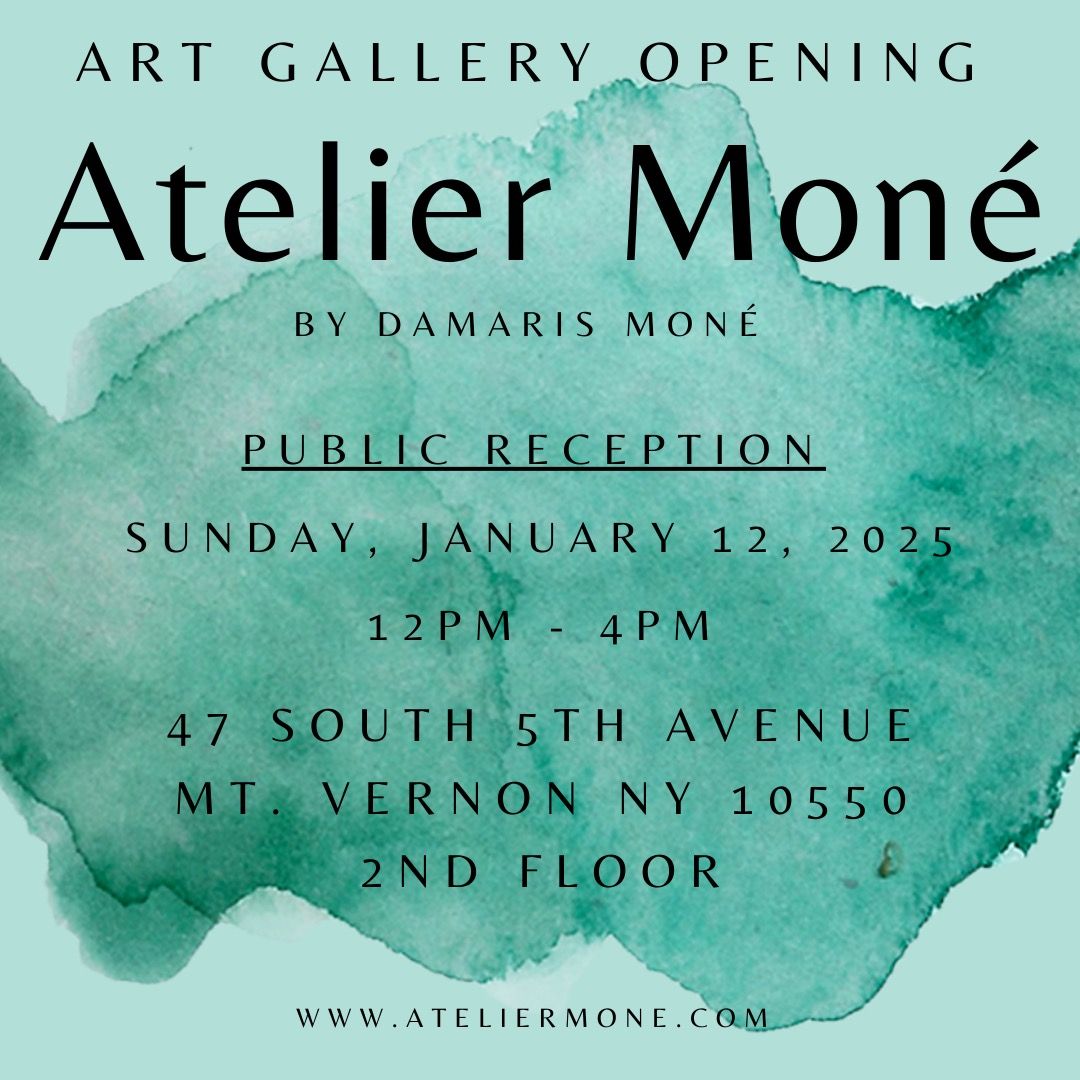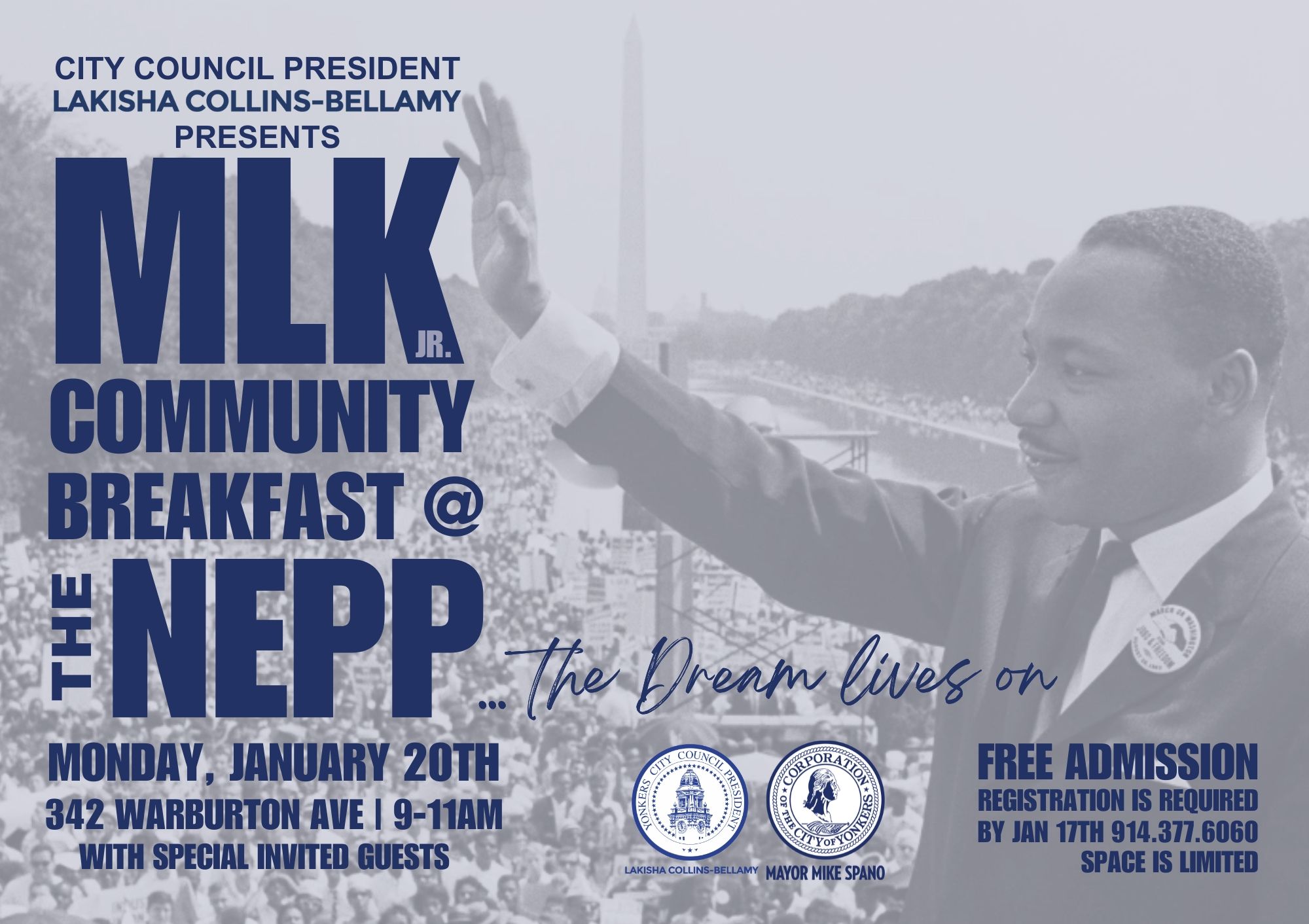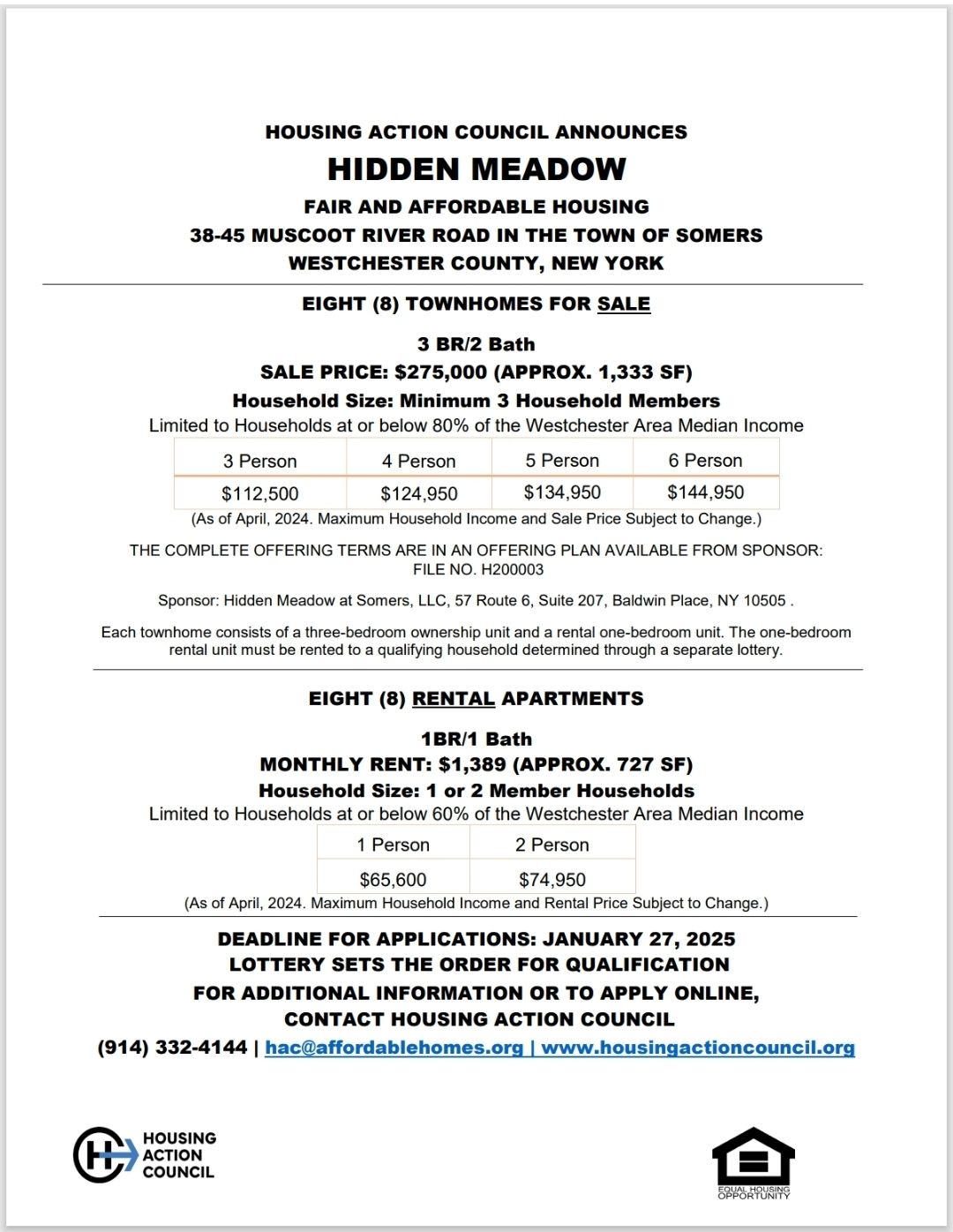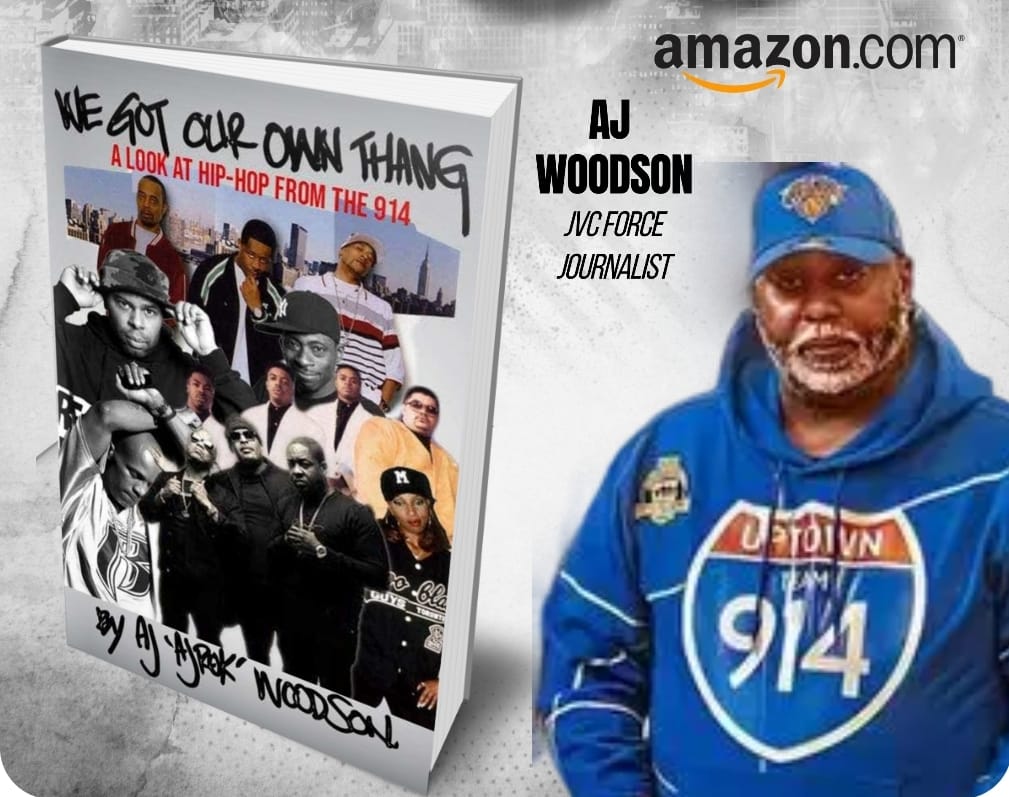Young Black men in New York, particularly in Westchester County, are navigating a complex web of systemic challenges that hinder their potential. The statistics are alarming for those between 18 and 30, revealing a crisis demanding urgent attention.
Unemployment and Economic Challenges
In Westchester County, the unemployment rate for Black men ages 18 to 30 is estimated to hover around 16%, more than double the rate for their white counterparts. This disparity reflects broader systemic barriers, including racial discrimination in hiring and limited access to job training programs. Compounding this issue is the rise in inflation, which has increased the cost of living in Westchester by nearly 22% over the past decade, leaving many young men underemployed in low-wage jobs without benefits.
As a result, a significant number of young Black men remain financially dependent on their families. Nationally, 52% of Black adults under 30 live with their parents—a trend mirrored in Westchester, where limited affordable housing options exacerbate the problem.
The Criminal Justice Crisis
Mass incarceration continues to devastate Black communities. In Westchester, Black men account for 51% of the county’s incarcerated population despite making up only 14% of the total population. Many of these young men face lifelong barriers to employment and education upon re-entry, perpetuating the cycle of poverty and recidivism.
Educational and Mentorship Gaps
Education remains critical in breaking these cycles, yet access to quality education is often unequal. Schools in predominantly Black neighborhoods in Westchester receive, on average, 23% less funding than those in predominantly white areas. Only 26% of Black men in the county between 18 and 30 hold a bachelor’s degree, compared to 46% of their white counterparts.
The absence of visible role models further compounds the issue. “Most role models in Westchester, for young Black men, are sports stars and entertainers,” says Dennis Richmond, Jr., an education advocate based in Westchester. “Many young Black men need mentors who can show them what’s possible in other fields and beyond their current environment.”
Mental Health and Trauma
Amid these challenges, mental health is often overlooked. Nationally, Black men are 20% more likely to experience serious psychological distress but are far less likely to seek professional help due to stigma and limited access to culturally competent care. In New York, Black men are also more likely to be misdiagnosed or untreated for mental health conditions, further deepening the crisis.
A Call to Action
The statistics are sobering, but they are not destiny. Local governments, nonprofits, and community leaders must work together to create targeted programs addressing these disparities. Initiatives like job training programs, affordable housing projects, and mentorship networks could make a transformative difference.
As young people, you have the power to demand change. Get involved in local organizations, vote in every election, and seek out mentors who can guide you through these challenges. Westchester’s future depends on empowering its young Black men—not just to survive, but to thrive.
It’s time to turn the silent struggle into a loud call to action.








Well I’m a blessed mother a 22 year old who was raised in MV until our lives were threatened because of my dispute with the City. My son accepted a parting position with Fed Exp in his sophomore year of HS; he graduated and joined them full time. His supervisor is black. He has been promoted 3 times and HE is now a supervisor. My son has yet to set foot in a college class his hours are long and grueling. Fed Exp will assist with tuition reimbursement upon his enrollment in the near future. I’m a single mom who raised him with the help of my 70 year old father and that made all the difference in the world. We lived in the Heights and I remember my son and a neighbors child outside playing as soon as the street light came on my son bolted inside he know what an ass whoopin is !! The other boy Kareem was out until 2am when his “guardians” rang our doorbell to see if he was still at my home WTH I asked the guardian if they had any idea of where he may have gone after my son came inside my son answered to so so house well so so was killed on Garden Ave last year unfortunately. My point is parents in MV need to take parental responsibility seriously when I attended school at MVHS it was bad but not as bad as today. Girls half dressed young black boys with their pants off their backside thugged out because they think it cool it’s not. It may seem like the system is against young black men but WE as a whole must take a long hard truthful look at what goes on in our own backyards. I watched the deceased boy grow up and trust a lack of parental supervision is what lead to his death. Outside at all hours of the night at 10-14 years old no sir not in my family. The young girls are just as lost eyelashes fake hair designer whatever and can’t read pass a 4th grade level no articulation no sense of proper punctuation grammar or nuttin lol as they put it. I moved my son into an affluent all white community after my dispute blew up last year but we are close and trust me I’m waiting for my day in court. MVBD was under investigation well I’m the smoking gun I can’t wait to tell my situation to the public and show the three years of photos video and other documentation supporting my claims of building inspectors on the take as well as the police